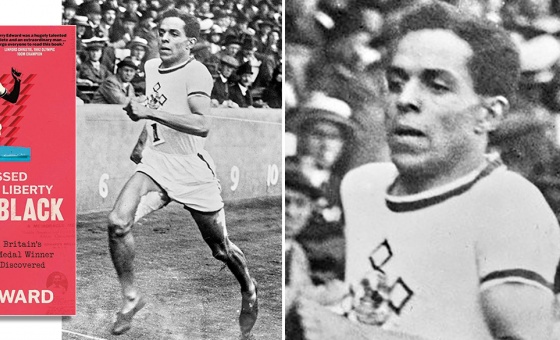This is the last article you can read this month
You can read more article this month
You can read more articles this month
Sorry your limit is up for this month
Reset on:
Please help support the Morning Star by subscribing here
“IT’S been a good year for the war buffs,” remarked the US satirist Tom Lehrer in 1968, referring to the 50th anniversary of the end of World War I.
Now, as we approach the 100th anniversary, there are again people who will use it as an opportunity to promote militarism.
We’ve already seen this with the centenary of the founding of the RAF in April 1918.
The “RAF 100” celebrations involve repeated references to the battle of Britain while ignoring the aerial bombardment of civilians, which has constituted the bulk of the RAF’s work over the last century.
For militarists, “remembrance” seems to involve a lot of forgetting.
I’m guessing that Theresa May will not encourage us to celebrate the centenary of the wave of strikes in summer 1918, which so alarmed the government that it deployed troops in south Wales and London.
On August 23, it will be 100 years since the first “equal pay” strike, when female cleaners on the railways struck for equal pay with men.
For two months after November 1918, mutinies swept through the British armed forces.
The red flag was raised on a royal navy ship and officers threatened to order troops to fire on their mutinying colleagues in Southampton.
Events such as these are a reminder that activists in 1918 were making the links between war and economic exploitation. As the old saying goes, a bayonet is a weapon with a worker on both ends.
A few years ago, a Labour activist who is now an MP told me that she considered the debate over Trident nuclear weapons to be a distraction from tackling poverty. In reality, militarism and poverty feed off each other in a never-ending cycle.
Armed forces officers admit that recruitment is easier at times of high unemployment. A document leaked last year revealed what was already widely known — that the army targets the poorest young people for recruitment.
Britain is the only country in Europe in which people as young as 16 can legally join the army. The Ministry of Defence’s own research suggests that the average reading age of a recruit to the British army is 11.
In brief, the armed forces take some of Britain’s most vulnerable young people and condition them through brutal training regimes to obey orders without question, so that they will do appalling things to other human beings elsewhere in the world.
That is what the armed forces are for. Armed forces around the world are by their nature abusive institutions.
The unpopularity of the wars in Iraq and Afghanistan led the government to ramp up “respect” for the armed forces, securing support for war by the back door.
Since 2009, there has been an annual Armed Forces Day. Between 2012 and 2016, the number of cadet forces in state schools more than doubled. Over £45 million has been spent on projects with a “military ethos” in English schools. It’s no surprise that schools in the poorest areas are the ones most often targeted.
But gradually, people are beginning to take action against militarism in their communities.
Last year, Glasgow City Council cancelled an “Armed Forces Fun Day” after protests by locals. In Leicester, people are campaigning for balanced teaching on the armed forces in local schools. In Southampton, an RMT branch has called for civilians as well as military personnel to be commemorated on Remembrance Sunday. In Dundee, students are campaigning against military recruitment on campus. Teachers’ union branches from Newham to Dumfries & Galloway have passed resolutions against militarism in schools. In Llandudno, people from Quakers and anarchists to members of Labour and Plaid Cymru are preparing to rally against the “national” event to mark Armed Forces Day on June 30.
These campaigns are inspiring, but most are in their early stages. That’s why the Peace Pledge Union (PPU) has organised “Remember & Resist: Grassroots action for peace.”
It’s a conference and training event on Saturday May 12, bringing together people from varied backgrounds to learn from each other about local and national resistance to militarism.
They will range from people who have been doing this work for years to individuals who are angry about militarism in their own town and want to do something about it.
Speakers include Leicester poet and activist Ambrose Musiyiwa, making the links between militarism, local communities and people seeking refuge. Other topics include student activism against militarism, pro-military bias in schools and campaigns against the army’s attempt to “pinkwash” its image by claiming to welcome LGBT people.
The PPU is an unashamedly pacifist group, believing that non-violent resistance is the best alternative to both passivity and war. But we campaign alongside non-pacifists who share our concerns and the gathering is open to all.
This is a crucial time for union branches, peace groups and people on the left generally to make the links between militarism, poverty, class and power.
We can be effective only if we learn from each other. This is what Remember & Resist is all about. See you there.
Symon Hill is co-ordinator of the Peace Pledge Union. Remember & Resist will take place from 12.30 to 5pm on Saturday May 12 in Friends House, London (opposite Euston station). Details at ppu.org.uk.










